SCIENCE
Johns Hopkins breakthrough could make microchips smaller than ever
- By Neclink.com
- . September 14, 2025
Johns Hopkins researchers have discovered new materials and a new process that could advance the ever-escalating quest to make smaller, faster and affordable microchips used
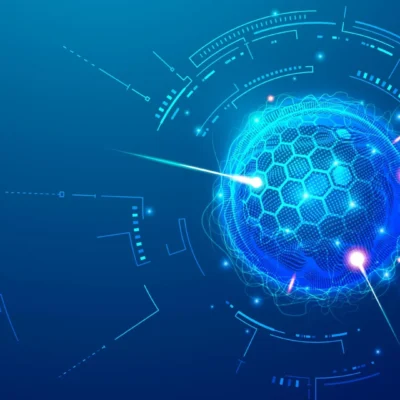
Google’s quantum computer creates exotic state once thought impossible
- By Neclink.com
- . September 13, 2025
Unlike conventional phases of matter, the so-called non-equilibrium quantum phases are defined by their dynamical and time-evolving properties — a behavior that cannot be captured
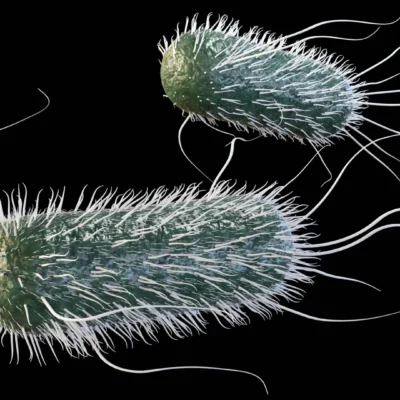
Your morning coffee could secretly be weakening antibiotics
- By Neclink.com
- . September 12, 2025
Ingredients of our daily diet – including caffeine – can influence the resistance of bacteria to antibiotics. This has been shown in a new study
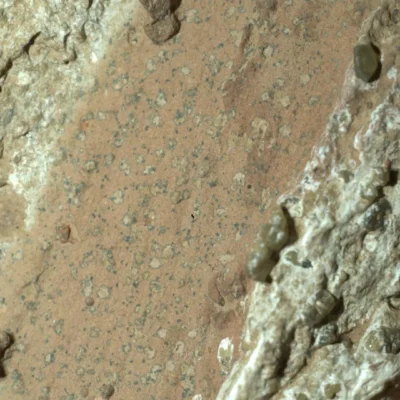
Life on Mars? NASA discovers potential biosignatures in Martian mudstones
- By Neclink.com
- . September 11, 2025
Data and images from NASA’s Mars Perseverance rover reveals that recently discovered rocks in Jezero crater are organic carbon bearing mudstones. The findings, detailed in

Ozempic’s hidden pregnancy risk few women know about
- By Neclink.com
- . September 10, 2025
Women taking popular weight-loss medications during their reproductive years may be unaware of associated risks to pregnancy and unborn babies, warn Flinders University researchers. A
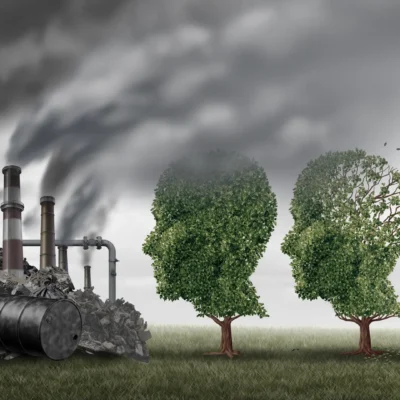
Smog in the brain: Dirty air speeds Alzheimer’s decline
- By Neclink.com
- . September 9, 2025
Exposure to high concentrations of air pollution may worsen Alzheimer’s disease (AD) by accelerating the buildup of toxic proteins in the brain and speeding up
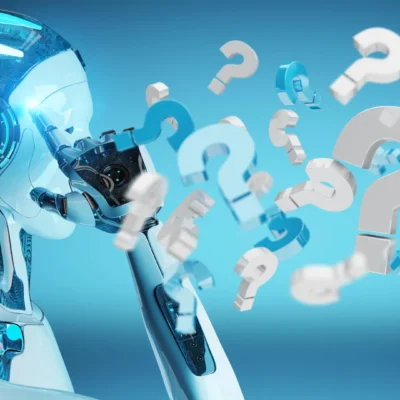
AI has no idea what it’s doing, but it’s threatening us all
- By Neclink.com
- . September 8, 2025
The age of artificial intelligence (AI) has transformed our interactions, but threatens human dignity on a worldwide scale, according to a study led by Charles
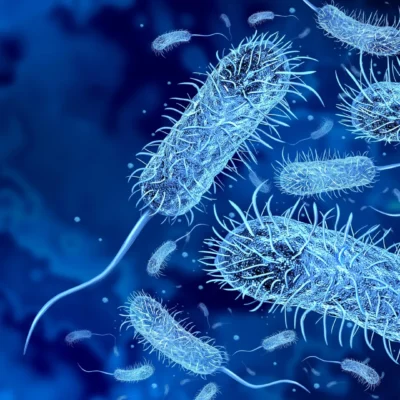
Strange new bacteria found in Amazon sand flies. Could it spread to humans?
- By Neclink.com
- . September 7, 2025
A new species of bacteria of the genus Bartonella has been found in the Amazon National Park in the state of Pará, Brazil, in phlebotomine

Experts warn: Smartphones before 13 could harm mental health for life
- By Neclink.com
- . September 6, 2025
Owning a smartphone before age 13 is associated with poorer mind health and wellbeing in early adulthood, according to a global study of more than
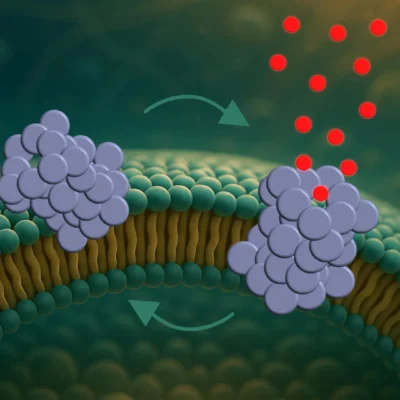
Scientists watch Parkinson’s protein drill holes in brain cells
- By Neclink.com
- . September 5, 2025
A toxic protein forms dynamic pores in the membranes of brain cells – and that may be the key to understanding how Parkinson’s disease develops.
